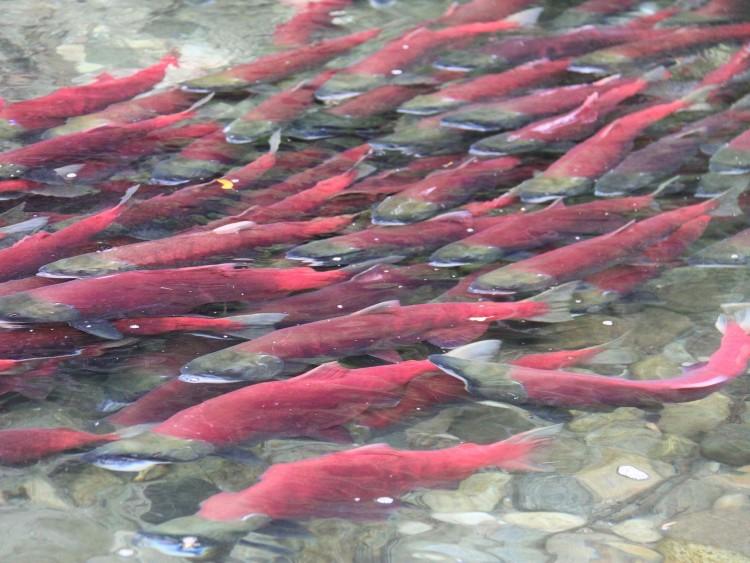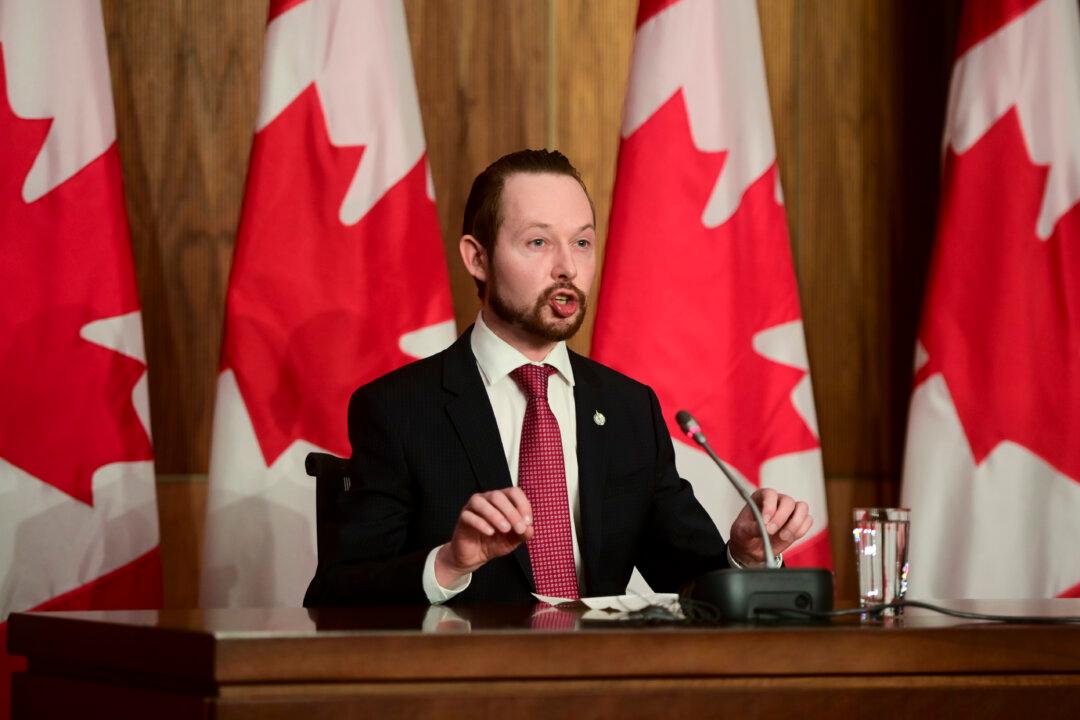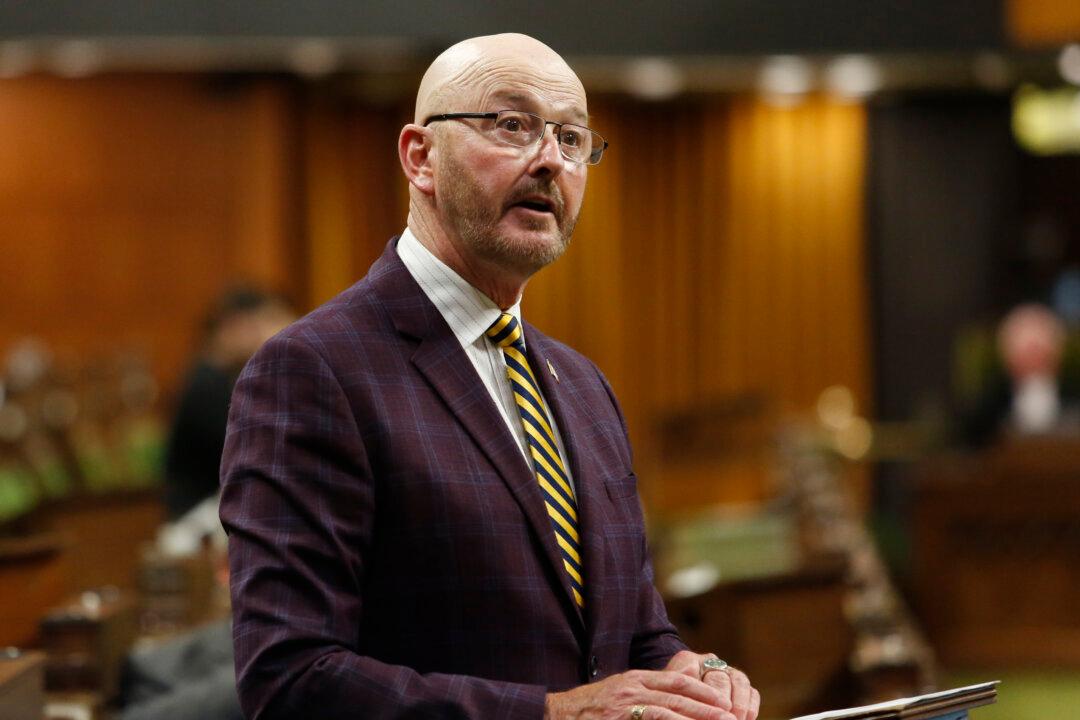An announcement by salmon processors in Alaska that they will discontinue eco-certification with the U.K.-based Marine Stewardship Council (MSC) is being viewed as a victory by B.C. conservation groups that had challenged the recertification of the Alaskan salmon fishery.
The seven processors, which account for about 70 percent of Alaska’s salmon harvest, said Tuesday they are “phasing out their financial support” for the MSC certification program after their current certification ends on Oct. 29, according to a statement from the Alaska Fisheries Development Foundation.
“While individual companies requested their letters be held confidential, their reasons for announcing their phased pullout note that MSC certification has been welcome and valuable for more than a decade,” the statement said.
MSC certification enables fisheries to brand themselves as a sustainable source of seafood. The council’s blue eco-labels on certified fish products indicate to consumers that the fish they are buying comes from a responsibly managed fishery.
In 2000, the MSC gave blanket eco-certification to 16 Alaskan salmon fisheries over the objections of B.C. marine conservationists, who say Alaskan salmon fishing practices are damaging already struggling wild salmon populations in B.C.
“Alaska’s imminent relinquishment of its MSC certification for salmon fisheries should be taken as a clear sign that many Alaskan salmon fisheries were never a paragon of sustainability as consumers have been led to believe,” says Aaron Hill, a biologist with the Watershed Watch Salmon Society.
“The original MSC certification over a decade ago was a travesty, and despite Alaska’s progress on meeting some of the conditions of certification, the fact that 19 conditions remained unfulfilled indicates that the MSC certification was ineffective in driving positive change in the fishery.”
In recent years, the MSC has drawn criticism for certifying fisheries that have questionable sustainability. The council sparked an outcry in 2010 when it certified B.C. sockeye salmon, part of the troubled Fraser River fishery which has been in decline for years.
The MSC responded that certification was based on a fishery’s management, not on its stocks, and that the closure of the Fraser to all fishing after it crashed in 2009 indicated appropriate management.







